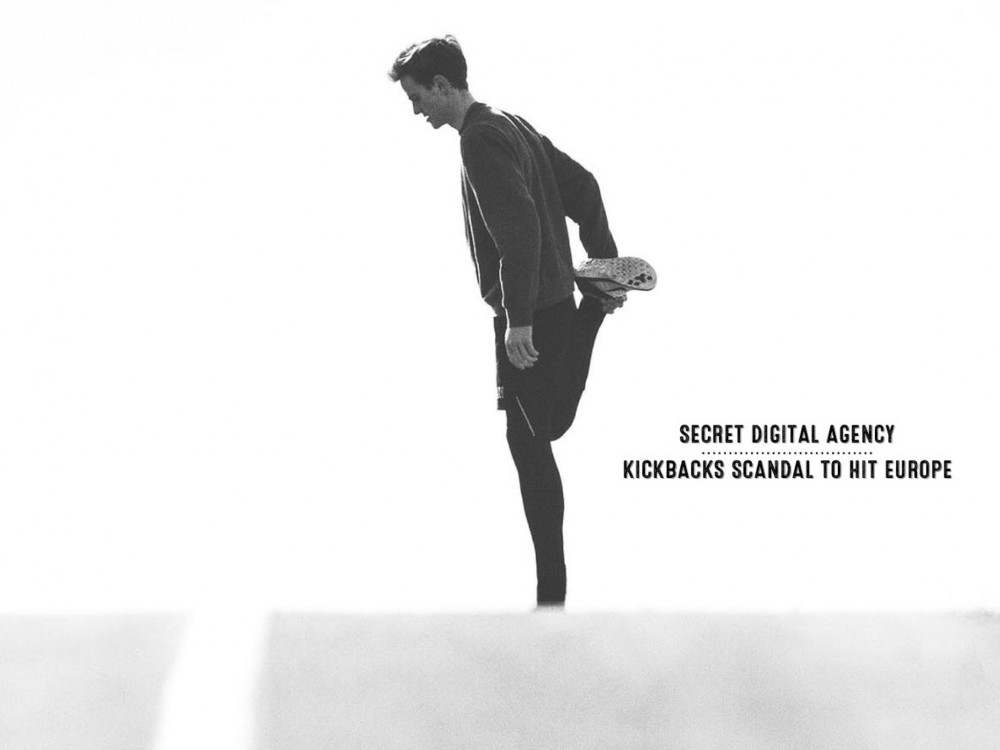The secret media agency kickback scandal that rocked the US digital marketing industry in the last year is, in fact, commonplace among European media owners, including display networks, because it is not illegal there.
The murky practice of secret rebates or kickbacks, where agencies are motivated to spend online ad budgets in a way that derives the most profit for themselves rather than clients, was exposed as being on the rise in the US in the past year.
In some cases in the US, media agencies would route $200,000 of a client’s $1m digital ad budget back to the agency’s corporate sibling in Europe, according to a report in AdAge last year.
According to Alan Coleman of Wolfgang Digital, “The obvious issue with secret rebates is agencies are motivated to spend a client’s advertising budget with the most profitable channel for the agency rather than the most effective channel for the advertiser.”
A new study by Dublin-based Wolfgang Digital pointed to an over-indexing of display ads as a problem across the digital marketing and e-commerce industries, and to digital marketers faced by too much data focusing on irrelevant metrics like bounce rates.
Coleman said that display accounts for a third of digital marketing budgets. And yet, he said, display doesn’t register as a top 10 traffic source.
Kickbacks distort digital marketing in Europe
He said that social networks and search engines don’t pay agencies “agency rates”, while display networks do, and warned that the secret agency rebates scandal raging in the US will be an issue very soon in Europe.
In the US, it is illegal for an agency to get a rebate from a media owner that is not disclosed to the advertiser it is buying media on behalf of. It has emerged that secret rebates are common practice in the US.
The obvious issue with secret rebates is that agencies are motivated to spend a client’s advertising budget with the most profitable channel for the agency rather than the most effective channel for the advertiser.
However, secret rebates are not illegal in Europe, nor are they illegal in Ireland. The internet media giants – Google, Facebook and Twitter etc. – simply don’t pay rebates. But they are commonplace among other media owners, display included. The study highlights a massive over-indexing on display advertising spend compared to measurable results in traffic and revenue from display.
Which online platforms deliver the best bang per buck?
In Wolfgang Digital’s benchmark key performance indicator (KPI) report for e-commerce websites, which analysed 87m e-commerce website sessions and €230m online revenue among sites like Littlewoods, Harvey Norman, Lifestyle Sports and Guinness Storehouse, it was found that Google still makes the world go round.
According to the study, Google delivers over two-thirds of website traffic (69pc) and website revenue (67pc).
Despite this, 38pc of digital marketer’s budgets fail to display Google as a top 10 traffic source.
The study found that bounce rates have zero correlation with conversion rates. “As an overall website metric, it’s a dud,” said Coleman.
Google is the winner, but Facebook is a rising star
In terms of the platforms that deliver effective returns online, Coleman says that Google is still the clear winner. If you win on Google, you win online. This cannot be overstated. Google delivers over two-thirds of traffic and revenue. The strongest correlation we found with high conversion rates is a high proportion of Google AdWords traffic. The strongest correlation we found with high average order value is a high proportion of Google organic traffic.
On the other hand, Facebook is the rising star, quadrupling its share of traffic from 1.3pc in 2014 to 5pc today. There’s a lot more traffic available for canny marketers from Facebook than they might be aware of.
But the dark horse is, believe it or not — email.
This article was first published on Silicon Republic.



